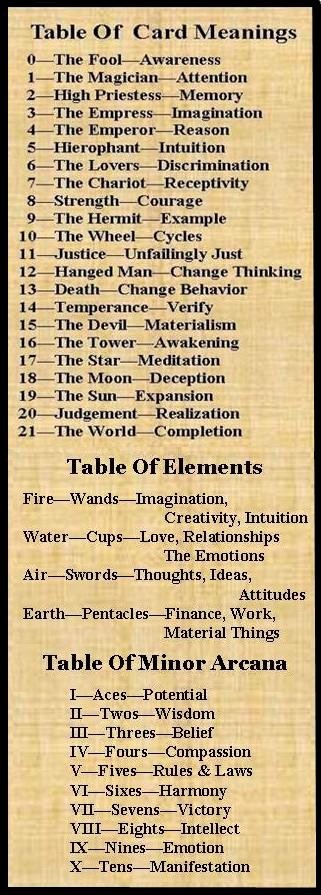

Another good example is chording the ' ex-' prefix as the X key. For example, you can stroke ' compound' as KPOUPBD, ' compress' as KPRES, and ' combat' as KPWAT. A good example is chording the ' com-' prefix as the K key.
Sometimes there are single keys that can stand in for a prefix or suffix. For example, the word ' herb' is stroked HERB, but the capitalized proper name ' Herb' can be stroked H*ERB. Sometimes if you find a great brief for a word, but it's already used in a dictionary entry, you could add the asterisk and get a brief that's not in use. For example, ' extraneous' can be stroked KPRAEUPBS if you drop the ' t' in addition to the unstressed vowels. Sometimes you can make a brief by dropping additional sounds aside from vowels. For example, the word ' collar' can be stroked KHRAR. Sometimes you can make a brief that drops stressed vowels as well as (or instead of) unstressed vowels. 
For example, ' designer' can be stroked STKAOEURPB.
Sometimes you can make a brief that uses more than a single inversion. For example, ' in other words' can be stroked TPHOERDZ, which sounds like ' nords'. Sometimes to stroke a common phrase, you can use the distinctive parts of each word. For example, ' mechanism' can use the brief PHEUFPL, which sounds like ' mism'. Sometimes the whole middle of a word can be skipped, and you can just make a stroke for the first and last parts. For example, ' English' is stroked TKPWHREURB, which sounds like ' glish'. Sometimes a word has an unusual syllable that can be used as the stroke for the whole word. For example, ' extraordinary' is stroked KPRAORD. Sometimes the essence of the word makes a good brief. Reusing the same stroke could lead to word boundary errors Avoid strokes that are already used for other words, or for one of the strokes of a multi-stroke word. Briefs should be easy to type and easy to remember. Ask for advice from other steno people. Check the dictionary file to see if a brief already exists - no sense reinventing the wheel.






 0 kommentar(er)
0 kommentar(er)
